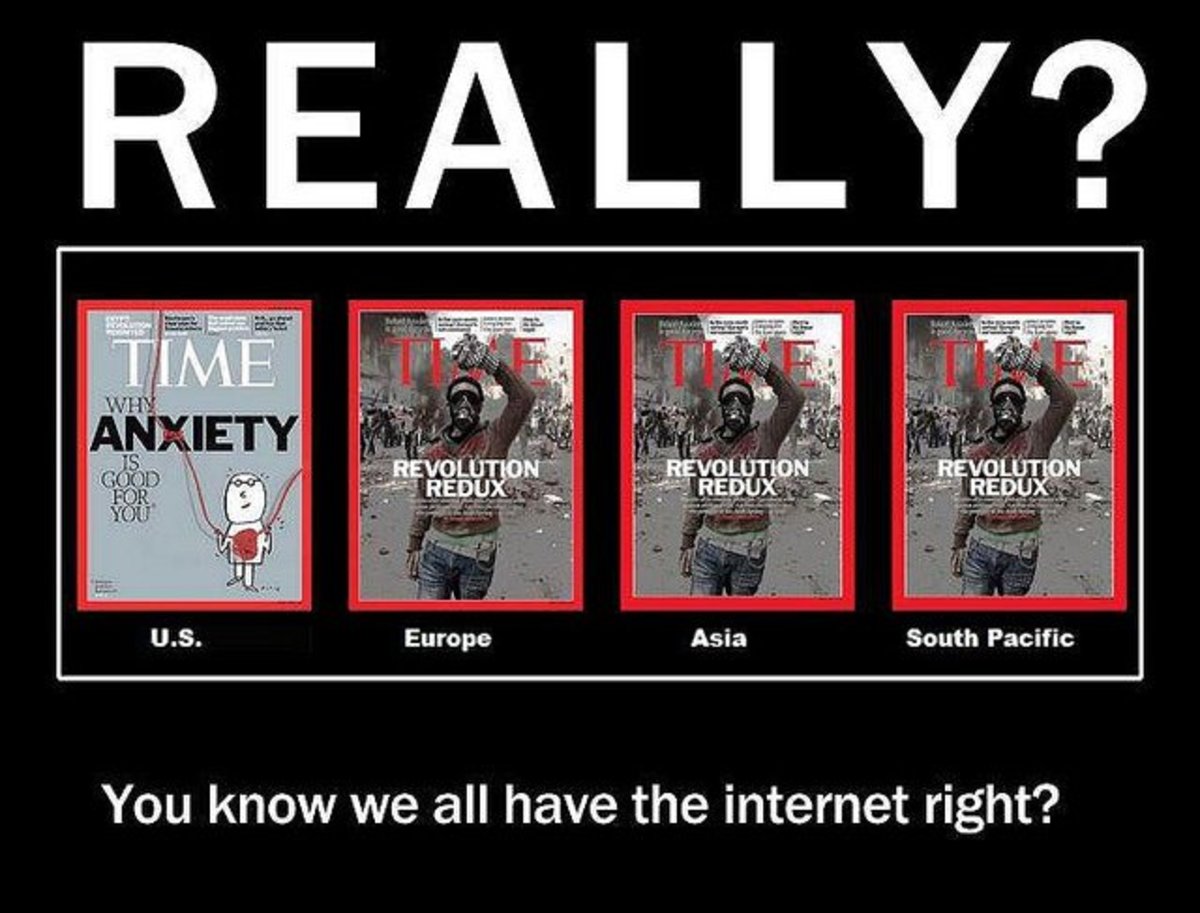5 Things You Don't Learn in Journalism School

1. What it's like to call the family of a deceased
Professors will likely talk to students about this kind of situation at some point. They'll often draw from personal experience, but until you've had to do this first hand, it's hard to understand just how difficult it is.
It happens in a number of scenarios. Perhaps it's the result of a car accident or another tragic incident. Or maybe the death was due to illness and you're seeking comment because of the prominence of the individual.
Either way, emotions are running high. You're trying to do your job, and they're trying to come to terms with death. You don't really want to talk to them and they don't want to talk to you.
The phone call could go a number of ways. They may not answer if they know who's calling, or they may hang up on you; they may swear at you and call you the scum of the Earth.
They may listen for a while, but choose not to comment. Or they may have something to say and choose to let you in.
All you can do is state your case, that you'd like to be able to tell reader's something about the life that was taken away. Tell them you'd like to share with them something that they can be remembered for. Be honest that you're doing your job, but in reality, you'd rather not be making the phone call.
The rest is up to the person who picks up the phone.
2. How to respond to people who hate journalists
You may be in a courtroom or maybe just out in the community seeking comment for a story, but you're guaranteed to come across someone who hates the newspaper and/or media at some point. They may hold their tongue, or they might come out with it.
Sometimes they have a reason, like you wrote (or are in the process of writing) about their run-ins with the law. They may ask you not to put their name in the paper, or ask why you're writing a story that will ruin their life.
Other times, it's just a mentality they've developed after years of consuming local news. It may not even be the media that they have a problem with, but the way local politicians or businesses are portrayed.
Their contempt can also come out as a backhanded compliment:
"You're really nice, but your newspaper is awful," or "You're awfully nice to be a reporter."
They're not actually being nice, but all you can do is nod and smile. Tell them you're doing your job.
If you're at court, and someone is making you particularly uncomfortable, you can always ask for the assistance of the sheriff. They'll even walk you to your car if you don't feel safe.

3. How to end a run-on interview
Imagine the scenario where you go to interview a subject, and it never seems to end. Your notebook is full, your recorder is out of memory and you are helpless to stop them from going on and on.
You finally find a way out after an hour or so, go back to the office and you have a voicemail from them, saying they want to talk again because they neglected something the first time.
In college, it's unlikely that you will have to worry about this. If someone agrees to an interview, you thank your lucky stars and are thankful that anyone returned your calls. You're also still working out how to ask the right questions and keep the interview on point while gathering all the information you need, so someone who provides more than enough information is actually a bit of a relief.
As you become a more seasoned reporter, however, and work on tighter deadlines, these interviews cost you precious time spent writing or making calls. But how do you cut someone off when they're trying to be helpful.
If you know you're walking into a situation like this, have a co-worker provide some assistance. If you're taking an interview at the office, have someone knock on the door to provide an update on another story you're working on. If you're out, a text message will work.
Another option is giving them a deadline. If you can't see the end of an interview, find a way to let them you that you have another appointment coming up in a few minutes. Don't cut them off immediately, but give them the 'five-minute warning' so they can speak their peace.
It may be a little misleading, but in reality, you do have other things to do, and it's likely not the first time someone has done this to them.

4. How to Prevent a Source From Using You
It's Friday afternoon. A local politician calls with a story, but wants to know if you can run it right away. It's a good story and they know it.
So you take it, knowing you probably won't have sufficient time to gather every comment you'd like to balance the story, since most people are gone for the weekend already.
It's going to happen, and you have to do your best to get the most balanced story out as possible.
If it happens more than once, however, you have to draw the line. Talk to an editor after the first incident to see what can be done to prevent those type of pressure tactics in the future.
That way, if the same person calls back, you have a better way to respond.
5. How to argue with an editor when something isn't newsworthy
This is not something to be done lightly, but sometimes you have to call out your editor when you think they're wrong.
It's human nature. Maybe they see something that just isn't there. You know the assignment really isn't that newsworthy, but they have blinders on.
Really think about it before you have a discussion with your editor. Why don't you think it's a story? Because you know it will take a lot of work to complete the assignment and you're doubtful the story will bear any fruit. That's not a good reason if there's a chance something could come from it. That's called being lazy.
Some editors will never listen, and you know it. If that's the case, sometimes you just have to do what you're told, and provide the best work you can. It could very well be your own personal biases are getting in the way of your judgement.
If you can approach your editor, however, simply tell them that you've been thinking about the story from a number of different angles, and you just don't understand why it's a story. Ask them to explain it more thoroughly. Find out what they see that you can't. If at the end of the discussion, they provide an valid argument, go with it and do your best. By knowing how you feel about something, they can provide more insight so you both end up on the same page.








